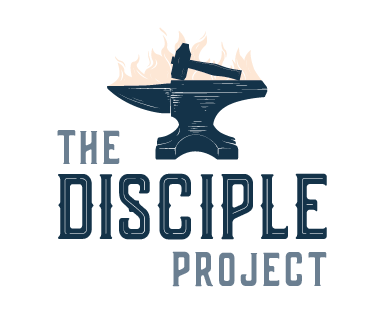Yesterday I processed through my week one of the Lead Small Book Club. I am not afraid to admit that I am reverse engineering our small groups. We had already begun the process, set a date, and then I saw the Lead Small book. I am catching up our leaders via e-mail and personal conversations. Here is my process of week two.
Study Questions
- Now translate this to your ministry. If relationships need the right amount of structure in order to thrive, in what way(s) might your ministry be too loose with its structure (to the point where relationships are not being built intentionally)?
The book says
THE QUALITY OF YOUR RELATIONSHIPS IS LINKED TO THE QUALITY OF YOUR STRUCTURE,
I am a structure guy. I have seen to many things fall apart to not have the structure right. This does not mean that our small group or youth ministry structure is perfect but it is sustainable and flexible. Over the past few years we have done our best to deconstruct anything that doesn’t build relationships and that included our midweek meeting. In my previous post I shared who we flipped our fall model from three weeks of preaching and one night of small groups to three weeks of small groups and one week of preaching. I am a “train as I go ” kind of guy so that means I will do my best to not over-train but set the process in motion and fix on the fly. What’s your style?
Insider and Outsiders
Our group is very welcoming and I don’t see our current groups becoming an insider only type of group ( we never see it coming do we?) As the book says, small groups are a step not a program. Small groups are part of the maturing process of believers and my hope is that as we do outreach, small groups will be the next step.
Problem Areas
The study guide asks that we jot down some potential problem areas. Mine are probably like yours, keeping volunteers motivated and consistent. I tell our team that we are like college coaches, we are always recruiting. This will also go for our student leaders who will be leading the discussions. Teenagers are wonky and human. Keeping up with them will be key to the long term longevity and health of our small groups.
Small Group Investment
I like to write my own curriculum so I do not see having to spend a ton of money on resources. I ‘d like to invest in our SGL and Student Leaders with a conference, maybe a few tip books, and lots of lunch and discussions.
Calendar and Rhythm
I liked our fall structure of one small group a month, during the midweek, because it offers a taste of what a small group would be like. After this current season (spring) of small groups I will use the last Wednesday of each month in the fall to train and equip new Student Leaders and SGL’s while the other small groups meet.
Our fall is outreach heavy which I hope will translate into at least one of our small groups focus on Christian basics or What Does It Mean To Follow Jesus?
Transitioning
This is my first foray into a full blown small group ministry so we don’t have enough information yet to determine a transitioning strategy. I am already sowing seeds about how to launch a group out of a small group.
All in all I think we’re on a good course as long as I keep the training and information flowing in real time.
Your Turn
Are you doing the Lead Small Study? How did you answer some of the questions?
What are some of your obstacles to building a sustainable, relationship building structure?
Do you do small groups year round or in seasons?
Is your current small groups geared towards insiders? How are you making room for outsiders?

